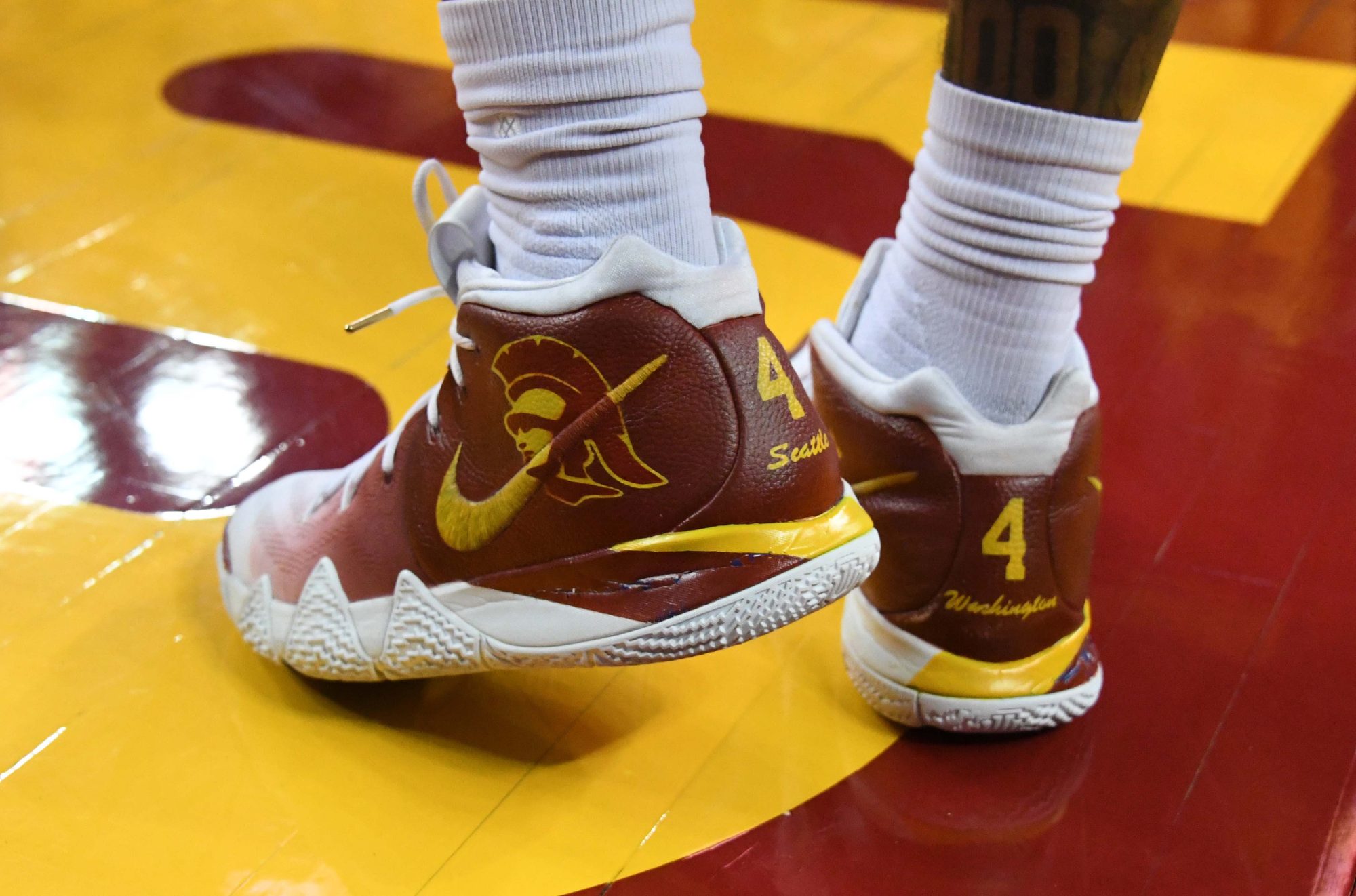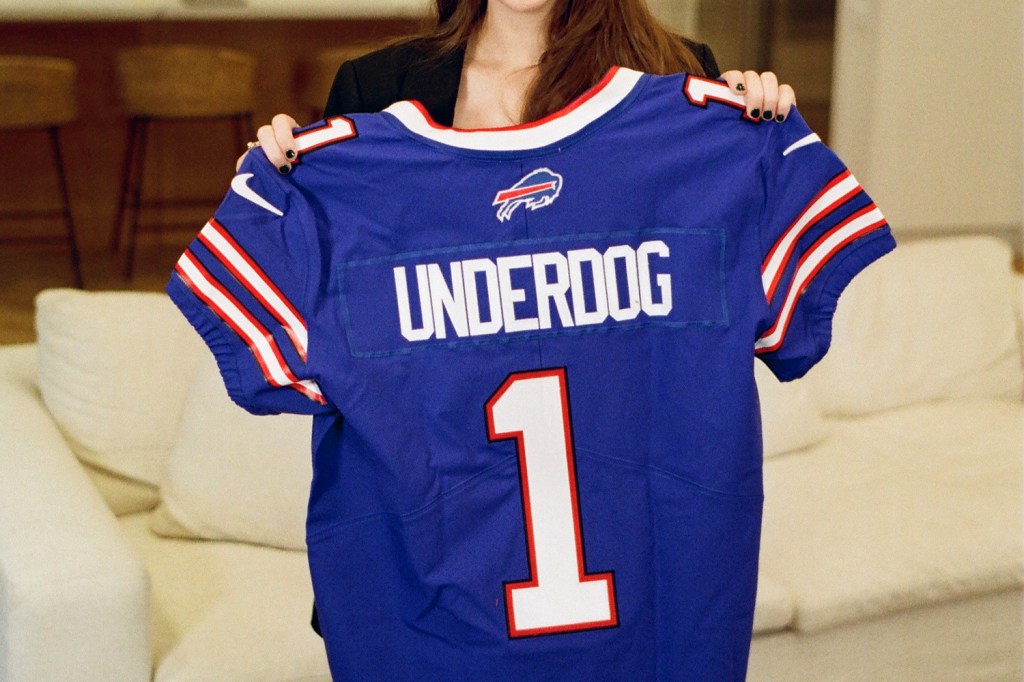During testimony in a trial over college athlete employment on Wednesday, a high-ranking USC athletic department employee claimed ignorance over one of the most well-known concepts in Division I college sports: shoe deals.
Ryan Cohan, assistant AD for women’s basketball operations, testified that he was unsure whether women’s basketball players were permitted to wear Adidas shoes during games, given that USC has an apparel contract with Nike. He was asked in the context of whether USC forces athletes to wear certain apparel—and, after a long pause and a request for “clarification,” he determined that he did not know the answer.
The National Labor Relations Board case, brought by an advocacy group called the National College Players Association, is examining whether USC football and basketball players should be deemed employees of the school, the school’s conference, and the NCAA. Rules about minute details of athletes’ lives—including what shoes they can wear—could speak to whether USC exercises enough control over players to constitute an employee-employer relationship. Cohan, as well as other USC witnesses, evaded direct answers to other questions that relate to the control issue.
Cohan’s testimony was particularly shocking coming from a longtime college athletics administrator and current USC athletics employee, given that rules surrounding apparel contracts are common knowledge in college sports. Across D-I basketball, players cannot wear a shoe brand that directly competes with their school’s apparel contract during games. Often, players can’t wear these brands in other official capacities, such as when engaging in team activities. In some cases, they’re prohibited from inking name, image, and likeness deals with competing shoe companies, even if they vow not to wear these brands in competition. (Women’s basketball shoe company Moolah Kicks devised an entire marketing strategy around the fact that its sponsor athletes could only wear their shoes off the court.)
The trial continued Thursday with discussion over the admittance of documentary evidence, and it is expected to go at least another week, with a third session in late February. If the NCPA’s side wins the case, amateurism could be deemed illegal under U.S. labor law.






![[Subscription Customers Only] Jun 15, 2025; Seattle, Washington, USA; Botafogo owner John Textor inside the stadium before the match during a group stage match of the 2025 FIFA Club World Cup at Lumen Field.](https://frontofficesports.com/wp-content/uploads/2026/02/USATSI_26465842_168416386_lowres-scaled.jpg?quality=100&w=1024)
![[Subscription Customers Only] Jul 13, 2025; East Rutherford, New Jersey, USA; Chelsea FC midfielder Cole Palmer (10) celebrates winning the final of the 2025 FIFA Club World Cup at MetLife Stadium](https://frontofficesports.com/wp-content/uploads/2026/02/USATSI_26636703-scaled-e1770932227605.jpg?quality=100&w=1024)









